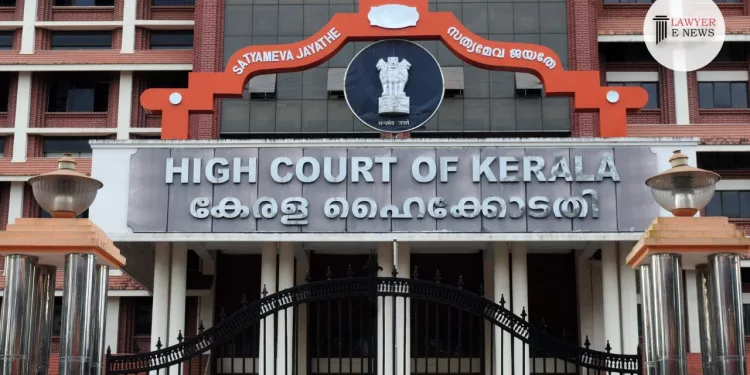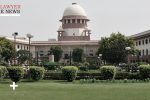Public View on YouTube Qualifies Under SC/ST Act: Kerala High Court in Denying Anticipatory Bail

High Court affirms prima facie evidence of caste-based insult, emphasizes the significance of online accessibility in public view requirement under SC/ST Act
In a landmark decision, the Kerala High Court dismissed the anticipatory bail plea of Sathyabhama, a classical dancer accused of publicly insulting Ramakrishnan, a Scheduled Caste community member, during a YouTube interview. The judgment, delivered by Justice K. Babu, underscores the interpretation that online content accessible to the public meets the “public view” requirement of the Scheduled Castes and Scheduled Tribes (Prevention of Atrocities) Act, 1989.
The case stems from a YouTube interview on March 19, 2024, in which Sathyabhama allegedly made derogatory remarks about Ramakrishnan, focusing on his complexion and caste. This interview was later uploaded online, where it became widely accessible. Following a complaint by Ramakrishnan, the police registered a case under Section 3(1)(r) of the SC/ST Act. Sathyabhama’s request for anticipatory bail was initially denied by the Special Court for SC/ST (POA) Act in Nedumangad, leading to the current appeal.
Public View Requirement:
Justice Babu addressed the “public view” requirement, clarifying, “The requirement of public view is satisfied if the offensive content is accessible to the public online. The uploaded YouTube interview containing derogatory remarks falls within this scope, as it can be viewed by the public at any time.”
Credibility and Intent of Remarks:
The Court noted the intentionality and humiliatory nature of the remarks, stating, “The remarks regarding the de facto complainant’s complexion and community are sufficient to cause extreme humiliation. The appellant’s intention to humiliate or insult the de facto complainant is prima facie revealed from the comments made.”
The Court extensively discussed legal precedents and the framework of the SC/ST Act, emphasizing the necessity of its strict enforcement to address caste-based discrimination. Citing Prathvi Raj Chauhan v. Union of India, the Court reiterated that the bar under Sections 18 and 18-A of the SC/ST Act applies to genuine cases of atrocities and not to those devoid of prima facie evidence.
Quotes from the Judgment:Justice Babu remarked, “The intentionality behind the appellant’s comments, aimed at humiliating the complainant in public view, is evident. The socio-economic conditions addressed by the SC/ST Act necessitate strict enforcement of its provisions to realize a caste-free society.”
The Kerala High Court’s dismissal of the anticipatory bail appeal underscores the judiciary’s commitment to tackling caste-based atrocities and upholding the rights of Scheduled Castes and Scheduled Tribes. By affirming that online accessibility satisfies the “public view” requirement under the SC/ST Act, this judgment sets a significant precedent for future cases involving digital content.
Date of Decision:10th June 2024
Sathyabhama vs. State of Kerala & Ramakrishnan






